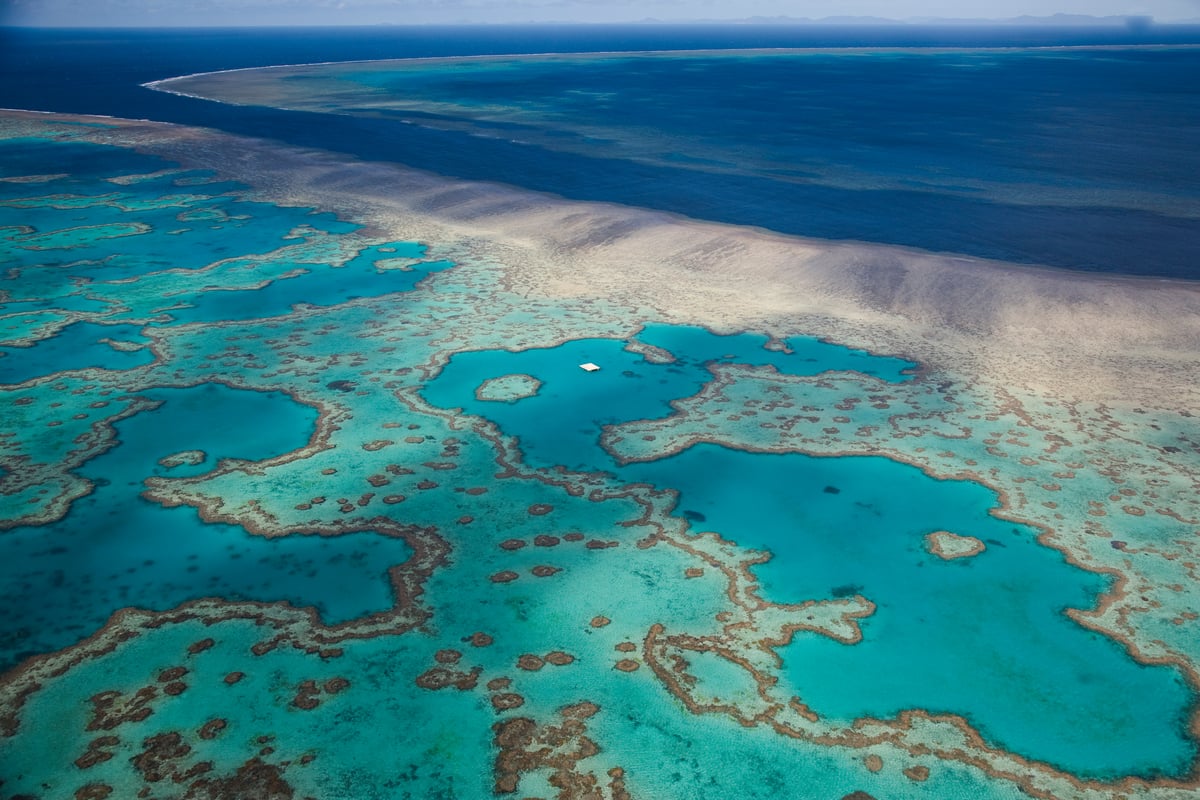By Kimberley Bernard
At the bottom of the globe sit the island nations of Australia and the 15 Pacific Island countries – internationally recognised and globally loved for their relaxed way of life, connection to crystal clear waters, and abundant marine life.
The waters of the South Pacific hold the stories of tens of thousands of years of history and cultural heritage for First Nations and Pasifika people, who hold deep connections to the ocean. They are also home to what David Attenborough described as ‘the most magical place in the entire planet’ – the Great Barrier Reef, off the Australian coast.
But without protection, these life-giving oceans are under threat. Australia has an important role to play in ocean protection, as we look down the barrel of our precious seascapes falling to destructive deep sea mining.
Here are five things you should know about the South Pacific’s fight to keep the deep sea mining-free.
1. The oceans are central to our way of life
Of the 26 million people who live in Australia, more than 22 million live within 50 kilometres of the coast. Our coastal areas are brimming with life.
The oceans are culturally significant to Indigenous people in Australia and across the island communities of the Pacific, whose lives and identities are intrinsically connected with the ocean and the life it supports. If deep sea mining goes ahead, Pacific leaders worry fish stocks could be irreversibly damaged, impacting a vital food source for millions of people.
2. Offshore mining has already been banned in two Australian jurisdictions
Two jurisdictions have introduced undersea mining bans off their coasts. In 2021, the Northern Territory government permanently banned seabed mining across the Territory, after a three-year moratorium in its coastal waters. Last year, the New South Wales government banned offshore oil and gas exploration and mining off their coast after ocean-lovers came together in a huge show of people-power to stop this polluting industry.
3. The Metals Company is headed by Australian Businessman, Gerard Barron
The dominant player pushing for a deep sea mining licence in the Pacific Ocean is The Metals Company (TMC), the target of Greenpeace International’s recent 200-hour at-sea protest.
TMC’s CEO is Australian businessman Gerard Barron. He’s reportedly in a bit of legal hot water in the UK as the director of the company Winward, which entered administration in 2018 and appeared to pour millions of dollars into Barron’s other ventures. Meanwhile, TMC also faces multiple legal challenges over accusations of financial mismanagement, including misleading investors and other investigations. Sounds like the perfect character to mine the ocean for profit, right?
4. Australia’s former Prime Minister has murky mining and weapons links
Australia’s infamous former Prime Minister Scott Morrison (the guy who flaunted a lump of coal in parliament, went on a tropical holiday while Australia was on fire and appointed himself secret ministries), alongside the U.S former Secretary of State Mike Pompeo, have been revealed to be pushing deep sea mining for the international weapons trade.
Morrison was ousted as Australia’s prime minister of the conservative Liberal party in 2022. He has since moved to the Seafloor Minerals Fund – a venture Greenpeace Australia Pacific has described as a “front for war-hungry investors who want to supercharge the weapons industry.”
5. Australia’s government has not (yet) supported a moratorium
Despite being under increasing local pressure, Australia’s new Labour government and its prime minister Anthony Albanese are yet to sign a moratorium on deep sea mining. Across the world, 25 countries including Australia’s neighbours of New Zealand, Vanuatu, Tuvalu and Papua New Guinea, support a global moratorium.
Australia must support a global moratorium. As an island nation, it has a lot to lose without one. Add your voice – tell the Australian government to stop deep sea mining.
Kimberley Bernard is a Communications Specialist at Greenpeace Australia Pacific















